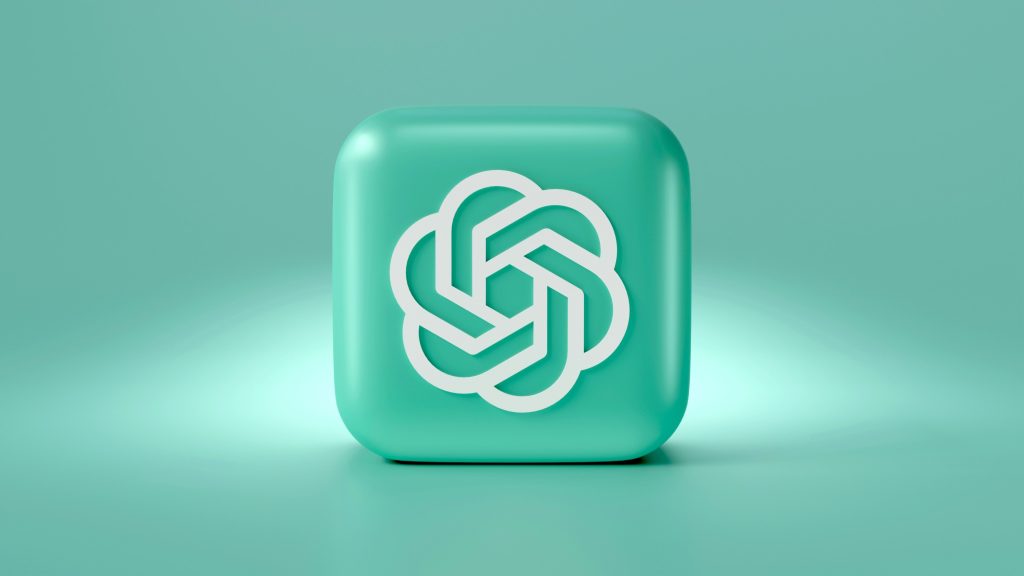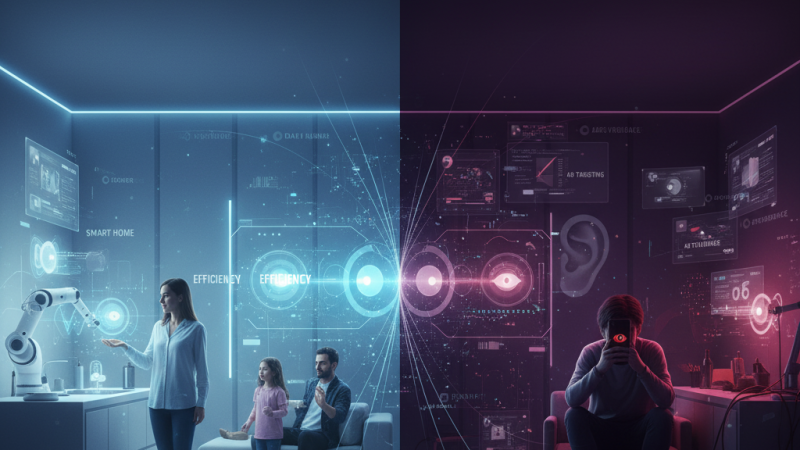Introduction
Millions of people now use AI products like ChatGPT as daily aids. They assist us with email writing, idea generation, task automation, and even the creation of personal content. However, you share something each time you type a prompt: a name, a question, a context, and occasionally even private information. So, how does ChatGPT manage your data privacy, what does it know about you, and how much control do you have over it? Anyone who desires convenience without sacrificing privacy must comprehend this in an era where AI is being used more and more.
How Does ChatGPT Collect and Process User Data?
When you use ChatGPT, the tool collects:
- The prompts you type (questions, commands, or requests).
- System data like timestamps and device information.
- Feedback you give (thumbs up, thumbs down, edits).
However, AI systems like ChatGPT don’t “listen” in the background. They respond only to what you explicitly enter in the chat window.
Processing happens through models trained on massive datasets, but each new session doesn’t automatically “remember” old chats unless a user chooses to keep chat history linked to their account.
Can ChatGPT Remember Personal Details Long-Term?
This is one of the biggest privacy questions people have. ChatGPT is by default devoid of human-style memory. In a single chat session, it can “remember” context to keep the conversation flowing. Once that session ends, the model itself doesn’t store your details forever.
However, some versions (like when you’re logged in with an account) may store chat history for you for your convenience, not to train the model directly. Users can typically manage or disable this feature in their account settings.
Always remember: if you wouldn’t want a piece of information on the internet, don’t enter it into any AI tool unnecessarily.
How to Manage or Delete Your Data in AI Tools
Reputable AI companies typically provide methods for handling your data:
- Clear Chat History: You may disable or remove your chat history on a lot of platforms.
- Export Data: You can download your interaction data using certain tools.
- Delete Account: You can ask for a complete account deletion, which removes all related content, if you decide to stop using the program.
Checking your AI dashboard’s privacy settings and keeping up with any updates is a best practice. Data privacy is a shared duty; user vigilance is just as important as the tool’s guidelines.
Data Privacy vs. Data Security: What’s the Difference?
These terms are frequently confused, yet they signify distinct concepts:
Data privacy pertains to your entitlement to manage what is gathered and how it is utilised.
Data security focuses on safeguarding that information against breaches, hacks, or improper use.
Even when a company assures robust security measures, it does not necessarily guarantee that your data remains entirely private. It is essential to review the fine print to understand how your information may be stored, analysed, or disclosed to third parties.

Common Myths About AI and User Privacy
Myth 1: ChatGPT automatically reads my files and emails.
Reality: It cannot access your private files unless you choose to paste or upload them.
Myth 2: AI retains everything I say indefinitely.
Reality: Although session data might be recorded for performance or safety reasons, the AI model does not retain conversations personally like a human brain does.
Myth 3: Deleting my account results in my data disappearing immediately.
Reality: Certain data may be kept for legal or safety compliance for a certain duration, but trustworthy companies clarify this in their privacy policies.
What Privacy Policies Cover (and What They Don’t)
A privacy policy outlines:
- What information is gathered?
- The reasons for its collection (such as performance, safety, and enhancement).
- The methods of storage, duration, and who has access to it.
- The ways in which you can manage or erase your data.
Nevertheless, these policies can be complex, leading many users to overlook them. Before sharing private or delicate company information, it’s wise to think about:
- Does the policy allow for data exchange with third parties?
- Does the supplier improve the model by using your content?
- Is it possible to opt out of specific data usages?
If you are employing AI for professional tasks, verify your company’s data privacy regulations numerous organizations have established policies regarding the management of client or confidential data.
Conclusion
What information does ChatGPT possess about you? In reality, it only knows what you choose to share and only for the duration that you permit it. AI tools do not monitor your offline behaviour or extract data from your private accounts. However, they do depend on your contributions to operate effectively, and such contributions are typically recorded to enhance service and safety.
As AI increasingly integrates into everyday life, the equilibrium between convenience and privacy hinges on two factors: clear policies from companies and informed decisions by users.
If you are a remote professional, freelancer, or business leader utilizing AI daily, platforms like Wiraa, a reputable global remote work platform, link you with privacy-conscious talent and tools, enabling you to work more efficiently while maintaining control over your data.




